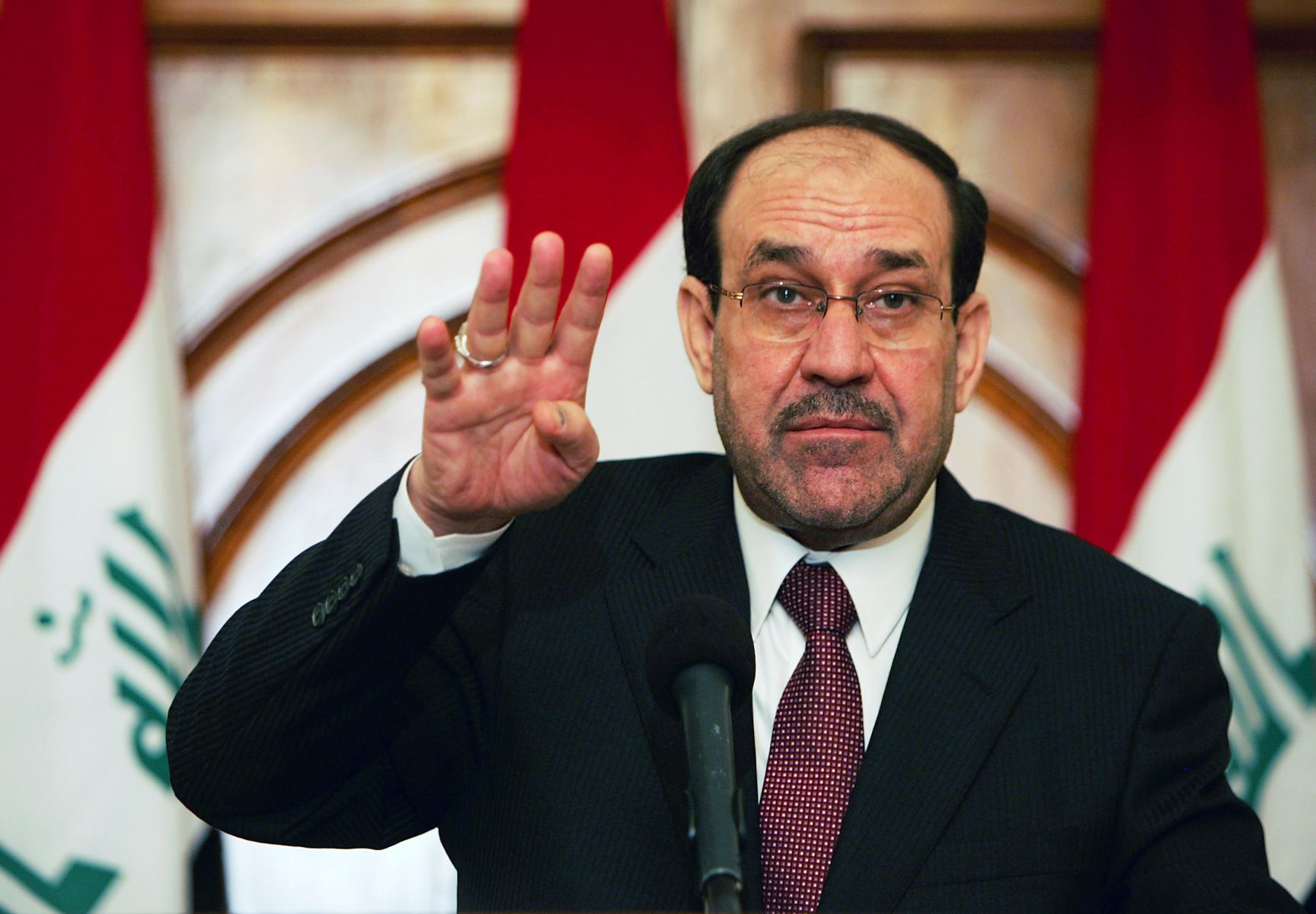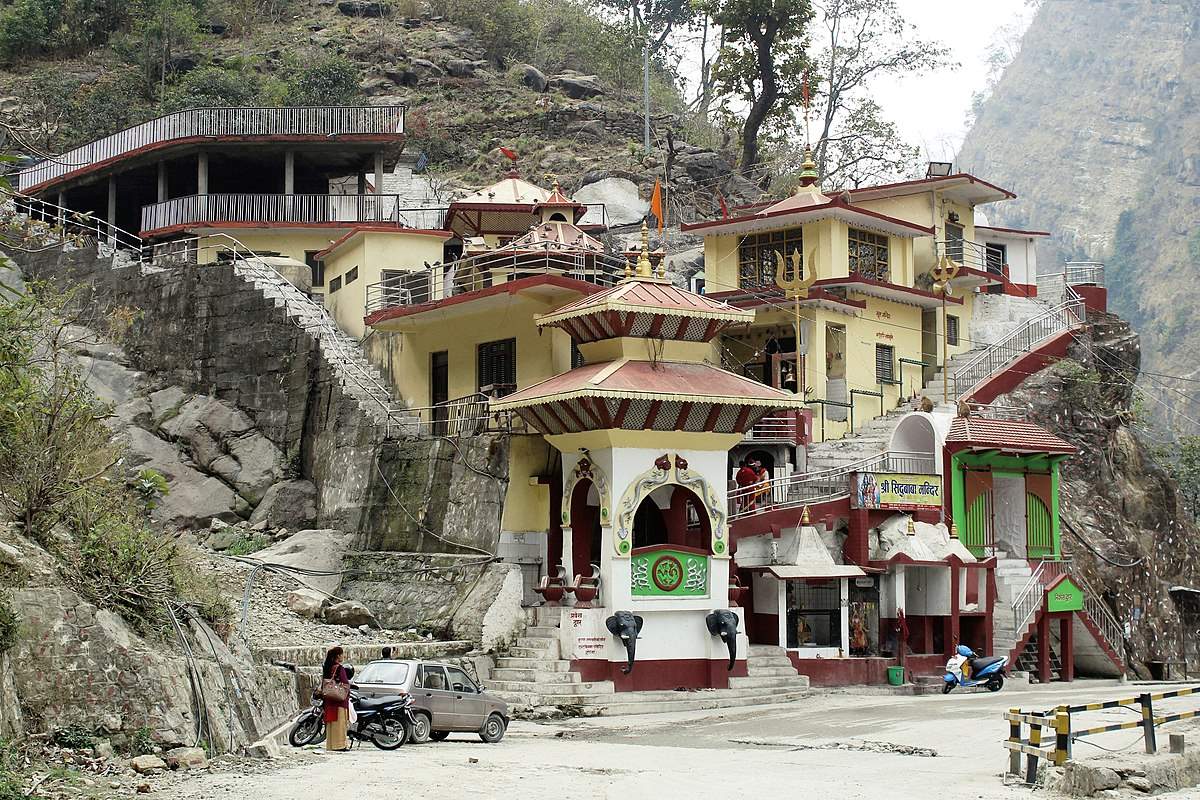
Who is Nouri Al-Maliki? Nouri Al-Maliki, born in 1950, is a prominent Iraqi politician who served as Prime Minister from 2006 to 2014. Known for his role in post-Saddam Iraq, he led the country through turbulent times, including sectarian violence and the rise of ISIS. Al-Maliki is a member of the Islamic Dawa Party, which opposed Saddam Hussein's regime. His tenure saw significant political and military challenges, but he also worked on rebuilding Iraq's infrastructure. Critics argue his policies deepened sectarian divides, while supporters credit him with stabilizing the nation. Want to know more? Here are 38 intriguing facts about Nouri Al-Maliki.
Early Life and Education
Nouri Al-Maliki's journey began long before he became a prominent political figure. His early years and education played a significant role in shaping his future.
- Born on June 20, 1950, in Al-Hindiya, Iraq, Nouri Al-Maliki grew up in a politically active family.
- He pursued a degree in Arabic literature from Baghdad University, graduating in 1973.
- Al-Maliki joined the Islamic Dawa Party in the late 1960s, marking the start of his political career.
- Due to his political activities, he was forced to flee Iraq in 1979 to avoid persecution by Saddam Hussein's regime.
Political Ascent
Al-Maliki's rise in the political arena was marked by significant milestones and challenges. His journey to becoming Prime Minister was anything but smooth.
- After fleeing Iraq, Al-Maliki lived in Iran and Syria, continuing his opposition to Saddam Hussein.
- He returned to Iraq in 2003 after the fall of Saddam Hussein's regime.
- In 2005, Al-Maliki was elected as a member of the transitional National Assembly.
- He became Prime Minister of Iraq in May 2006, succeeding Ibrahim al-Jaafari.
Prime Ministerial Tenure
Al-Maliki's time as Prime Minister was marked by both achievements and controversies. His policies and decisions had a lasting impact on Iraq.
- Al-Maliki served as Prime Minister from 2006 to 2014, making him one of Iraq's longest-serving leaders.
- He focused on rebuilding Iraq's infrastructure and improving security.
- His tenure saw the implementation of the Baghdad Security Plan in 2007 to reduce violence in the capital.
- Al-Maliki's government signed the Status of Forces Agreement with the United States in 2008, setting a timeline for U.S. troop withdrawal.
- He faced criticism for his centralization of power and alleged sectarian policies.
- Al-Maliki's administration was accused of corruption and human rights abuses.
- Despite controversies, he won a second term in 2010 after a prolonged political deadlock.
Post-Prime Ministerial Activities
After his tenure as Prime Minister, Al-Maliki continued to play a significant role in Iraqi politics. His influence remained strong.
- In 2014, Al-Maliki stepped down as Prime Minister but became one of Iraq's Vice Presidents.
- He continued to lead the State of Law Coalition, a major political bloc in Iraq.
- Al-Maliki has been a vocal critic of his successors, often commenting on political developments.
- He remains a key figure in the Islamic Dawa Party.
Personal Life
Beyond politics, Al-Maliki's personal life offers a glimpse into the man behind the public persona. His family and interests provide additional context.
- Al-Maliki is married and has four children.
- He is known for his interest in literature and poetry.
- Despite his political career, he has maintained a relatively private personal life.
Legacy and Impact
Al-Maliki's legacy is a subject of debate. His impact on Iraq's political landscape is undeniable, but opinions on his tenure vary.
- Supporters credit him with stabilizing Iraq during a turbulent period.
- Critics argue that his policies exacerbated sectarian tensions.
- His centralization of power is seen by some as necessary for stability, while others view it as authoritarian.
- Al-Maliki's tenure is often compared to those of his successors to evaluate Iraq's progress.
Controversies and Criticisms
Al-Maliki's career has not been without controversy. His actions and decisions have sparked significant debate and criticism.
- His government was accused of marginalizing Sunni Muslims, contributing to sectarian violence.
- Allegations of corruption plagued his administration, with claims of embezzlement and bribery.
- Human rights organizations criticized his handling of protests and dissent.
- Al-Maliki's relationship with the Kurdish Regional Government was often strained, leading to political tensions.
International Relations
Al-Maliki's foreign policy decisions had a profound impact on Iraq's international standing. His interactions with other nations were crucial.
- He maintained close ties with Iran, which influenced Iraq's regional politics.
- Al-Maliki's relationship with the United States was complex, marked by cooperation and tension.
- He sought to strengthen Iraq's ties with neighboring countries like Turkey and Saudi Arabia.
- His government worked to improve Iraq's standing in international organizations like the United Nations.
Current Role and Influence
Even after his tenure as Prime Minister, Al-Maliki continues to wield significant influence in Iraqi politics. His current activities reflect his ongoing involvement.
- Al-Maliki remains a prominent figure in the State of Law Coalition.
- He frequently comments on political developments, offering critiques and support where he sees fit.
- Al-Maliki's influence extends to various political and social groups within Iraq.
- He continues to advocate for policies he believes will benefit Iraq, maintaining his presence in the political arena.
Final Thoughts on Nouri Al-Maliki
Nouri Al-Maliki's journey from a political exile to Iraq's Prime Minister is nothing short of remarkable. His tenure saw significant changes, both positive and controversial. Al-Maliki's efforts to rebuild Iraq's infrastructure and economy were notable, though his administration faced criticism for alleged corruption and sectarian policies. His role in shaping Iraq's modern political landscape can't be ignored, influencing both domestic and international relations. Understanding Al-Maliki's impact provides insight into Iraq's recent history and ongoing challenges. His legacy remains a topic of debate, reflecting the complexities of governing a nation recovering from conflict. As Iraq continues to evolve, Al-Maliki's influence will likely be a point of reference for future leaders and historians alike. His story is a testament to the intricate balance of power, politics, and perseverance in shaping a nation's destiny.
Was this page helpful?
Our commitment to delivering trustworthy and engaging content is at the heart of what we do. Each fact on our site is contributed by real users like you, bringing a wealth of diverse insights and information. To ensure the highest standards of accuracy and reliability, our dedicated editors meticulously review each submission. This process guarantees that the facts we share are not only fascinating but also credible. Trust in our commitment to quality and authenticity as you explore and learn with us.


